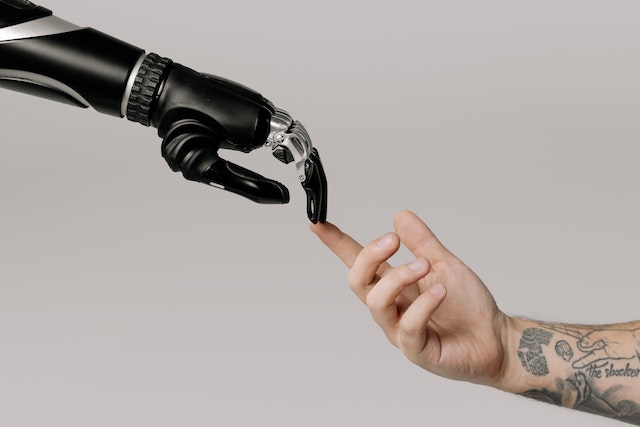Why Sustainability Needs AI in Business

Each leap in technology brings about new products and services and a growth in the overall global economy. Unfortunately, those products and services, and the transportation and packaging needed to deploy them to market, have become a strain on global resources.
As businesses wake up to sustainability issues, technology offers new and fascinating ways to close the loop and reduce waste and resource dependency.
Like manufacturing, the industrial internet of things (IIoT), and other enterprise functions like marketing, supply chain, and finance, AI can be leveraged to improve sustainability in business.
AI for Sustainability
While AI must consume considerable energy during the initial training phase, innovative solutions such as edge computing and neuromorphic computing reduce AI systems’ energy requirements, so their power can be used in various sustainable use cases.
The result is the discovery and intervention of AI through automated systems that reduce waste and resource use by using the power of data to create more efficient and sustainable methods.
Here are a few examples of how AI is driving more sustainable business:
Electric Grid Management
As more renewable energy sources come online, microgrids are forming a new decentralized energy system. These systems are smaller, more complex, and increasingly managed by IoT technology. AI can be used to discover trends, manage peak capacity, make autonomous or semi-autonomous decisions, or quickly alert staff to problems. This management makes the system much more efficient than traditional power grids to benefit businesses that use them.
Agriculture
Food insecurity is becoming a global problem with climate change and regional conflict reducing crop outputs. Businesses that service traditional farming and innovations such as large-scale factory farming now depend on AI to help manage valuable resources such as water, temperature and soil conditions, waste output and reuse, and other variables. They can respond to changes faster than humans while precisely controlling amendments to the system.
Design
The design process of anything – be it city projects, consumer products, or electrical grids – can be a wasteful endeavor. Multiple iterations have always been manual to land on the best design to use. AI allows advanced analytics such as 3D modeling, digital twin technology, and advanced algorithms for understanding real-world conditions in a virtual environment. This creates less waste in the iterative design phases and ensures the final product is more efficient and manageable.
Smart Cities
Businesses rely on safe roads, ports, airports, and other facilities to move products throughout the region. AI-managed smart technology can help create more sustainable traffic patterns by quickly rerouting traffic, optimizing electrical use during slow times, and managing complex operations in the city. This can reduce carbon emissions and energy and water use.
Manufacturing
IIoT technology relies heavily on AI to automate and digitize production. Many manufacturing companies can use such systems to improve sustainability through dynamic and autonomous lighting and power control, HVAC, and other physical plant requirements. AI is also making progress in vision systems that catch defects quicker than human sight. Combined, these examples mean that AI is powering more sustainable manufacturing across multiple industries.
Putting AI to Work for Your Business’ Sustainability
One study indicates that AI could soon account for as high as 79% of all global Sustainable Development Goals (SDGs). With expectations on that scale, it pays to understand the direction of the technology and how AI can help your business with its sustainability goals.
The Henry Bernick Entrepreneurship Centre (HBEC) at Georgian College offers training, mentorship, funding, and connections for new businesses and entrepreneurs who want to stay on top of critical trends, build a responsible and ethical company, and achieve sustainability goals. Contact us to learn how we can help guide you in finding the right balance of sustainability for your business.
The post Why Sustainability Needs AI in Business appeared first on Innovators Central.